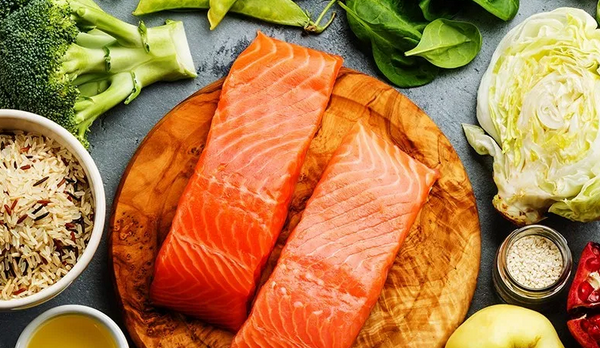


While countless dietary supplements are available today, the classic multivitamin is still the most popular. And for good reason: A good multivitamin will fill nu...

When it comes to getting the vitamins and minerals your body needs, it’s important to eat a healthy, balanced diet. However, taking vitamins is a good insurance...

Along with other nutrients, such as proteins, carbohydrates and dietary fats, vitamins and minerals help our body to grow and thrive. Each of these 10 essential v...

The liver and kidneys are generally very efficient at removing excess vitamins and nutrients that the body does not need. However, long-term overuse of certain...

Walking down the vitamin aisle can be daunting. With hundreds of options, how do you know which to take? The answer is: it depends. Your body has different nee...

Multivitamins can’t take the place of eating a variety of healthy foods. Foods provide fiber and other important ingredients for good health. But people who...